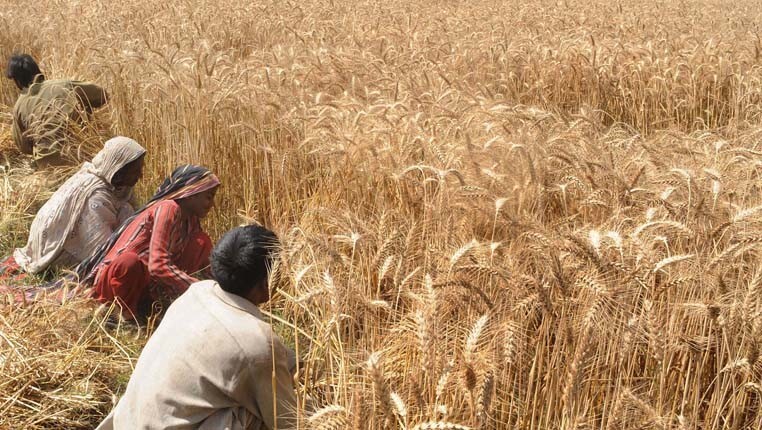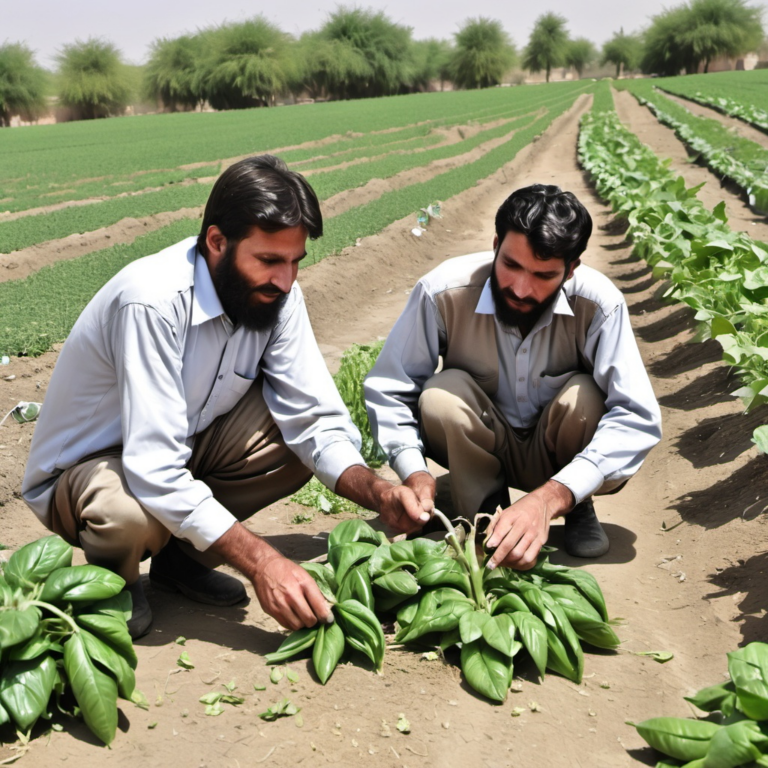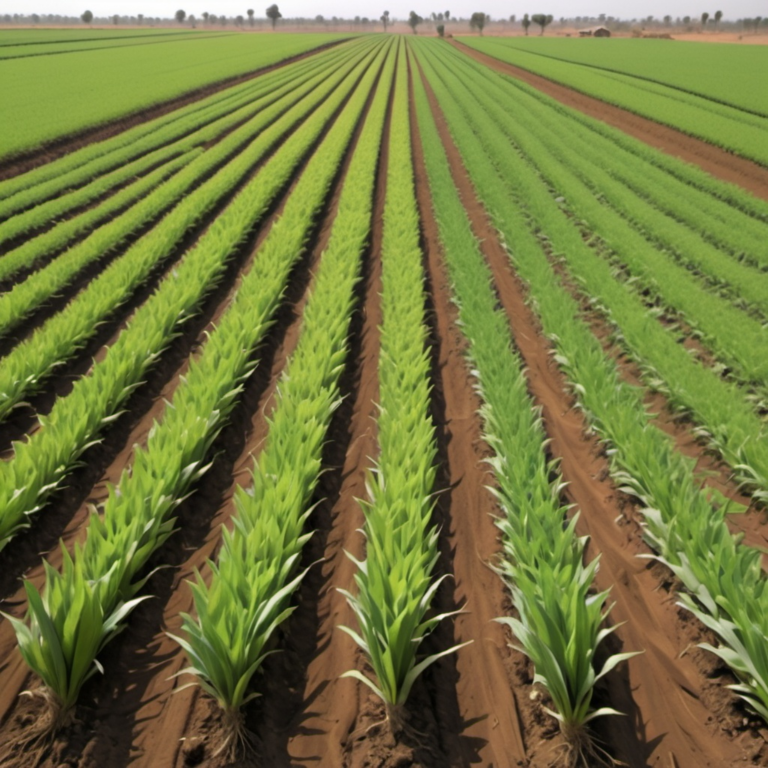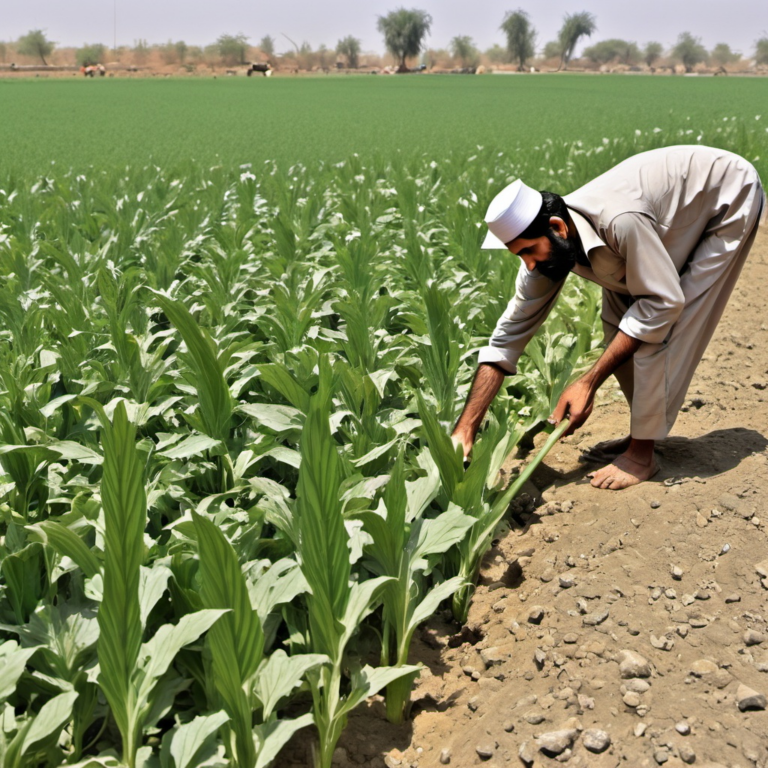Nurturing Growth: Pakistan’s Agriculture Industry Amidst Political Challenges
In the heart of Pakistan, where lush fields meet the horizon, lies the backbone of the nation: its agriculture industry. As we navigate the complex terrain of the current political climate, our farmers stand resilient, adapting to the challenges that come their way. The agricultural sector, a crucial contributor to Pakistan’s economy, is not immune to the political winds that blow across the country. However, amidst these challenges, a spirit of innovation and determination prevails, driving the sector forward.
One of the key ways the agriculture industry is adapting is through technological advancements. Farmers are embracing modern farming techniques, precision agriculture, and digital solutions. Smart farming technologies are being employed to optimize water usage, monitor crop health, and enhance overall productivity. These innovations not only ensure sustainable farming practices but also increase resilience against political uncertainties.
Moreover, the industry is witnessing a shift towards diversification. Farmers are exploring alternative crops and livestock that are well-suited to the local climate and market demands. This diversification not only reduces dependency on specific crops but also opens up new avenues for revenue generation. Additionally, sustainable agriculture practices, such as organic farming and agroforestry, are gaining traction. These practices not only conserve the environment but also enhance the quality of produce, meeting the demands of health-conscious consumers both domestically and internationally.
Furthermore, farmer cooperatives and networks are playing a pivotal role in navigating the political challenges. By collaborating and sharing resources, farmers are pooling their knowledge and expertise, empowering each other to face uncertainties head-on. These networks facilitate the exchange of best practices, provide access to collective bargaining power, and create a support system that strengthens the agricultural community.
In the face of political fluctuations, it is crucial for the government and policymakers to provide stable policies and support mechanisms for the agriculture sector. Access to credit, agricultural education, and research are essential components that can bolster the industry’s resilience. Additionally, investing in rural infrastructure, such as roads and market facilities, can improve connectivity, enabling farmers to reach wider markets and fetch better prices for their produce.
The National Agricultural Youth Commission can play a pivotal role in this transformation. By promoting awareness about sustainable practices, organizing training programs, and advocating for farmer-friendly policies, the commission can empower the youth to be the torchbearers of change. Encouraging innovation and entrepreneurship among young farmers can lead to the creation of agribusinesses that are not only economically viable but also socially and environmentally responsible.
In conclusion, while the political climate in Pakistan may pose challenges, the agriculture industry is resilient and adaptive. By embracing technology, diversifying crops, fostering community networks, and advocating for supportive policies, the sector is not only surviving but thriving. The National Agricultural Youth Commission stands at the forefront of this transformation, nurturing a generation of farmers and agricultural enthusiasts who are shaping the future of Pakistan’s agriculture. Together, we can sow the seeds of a prosperous and sustainable agricultural landscape, even in the face of political uncertainties.







